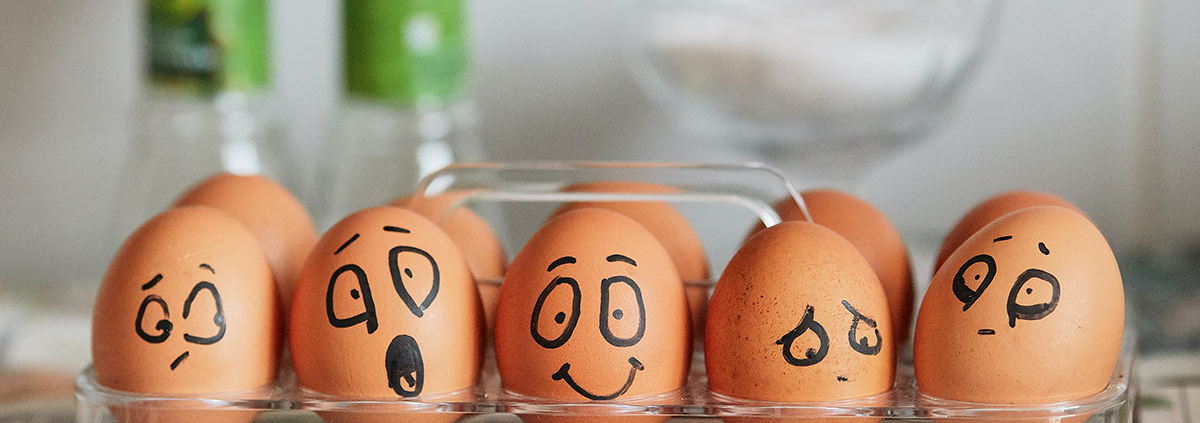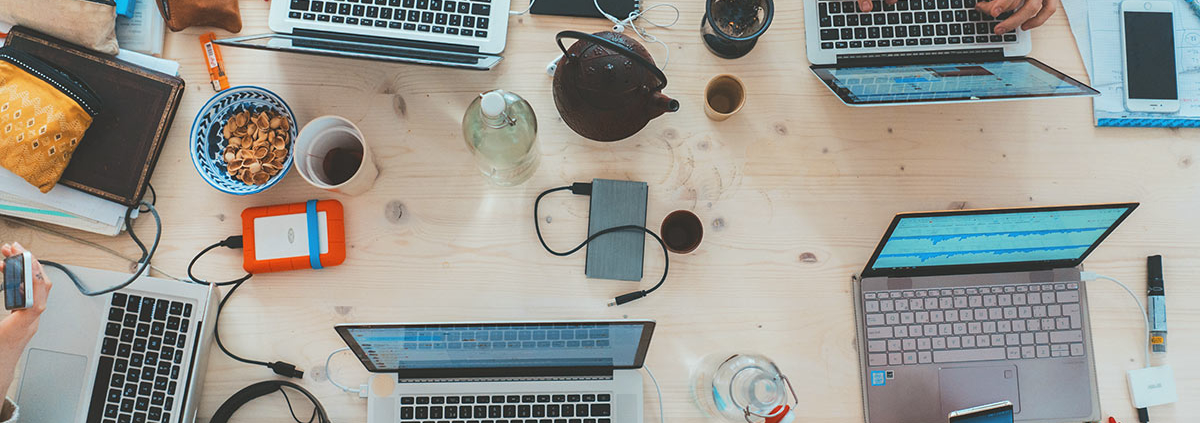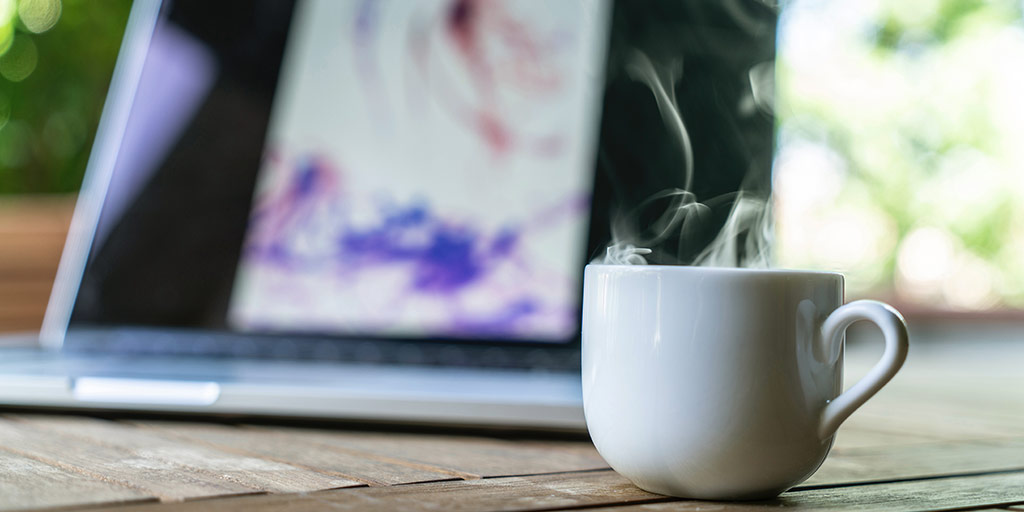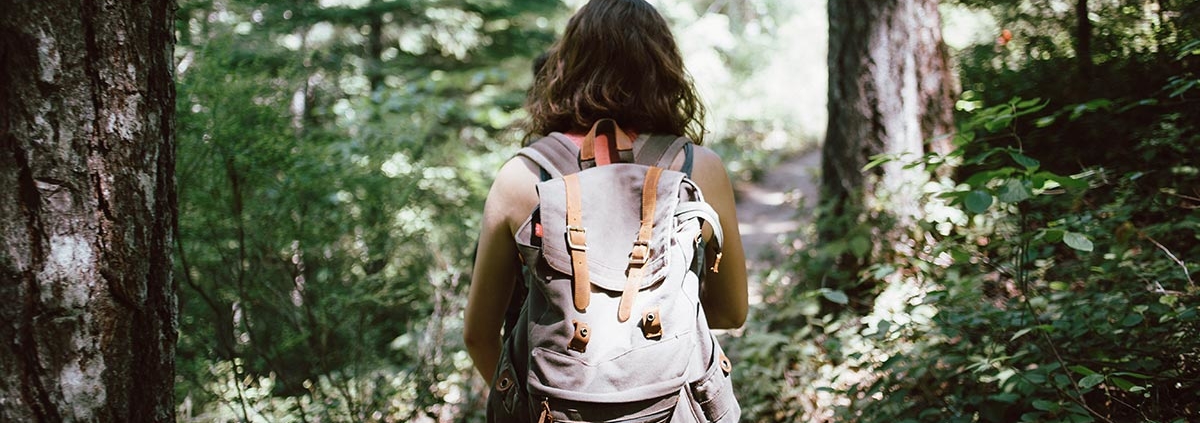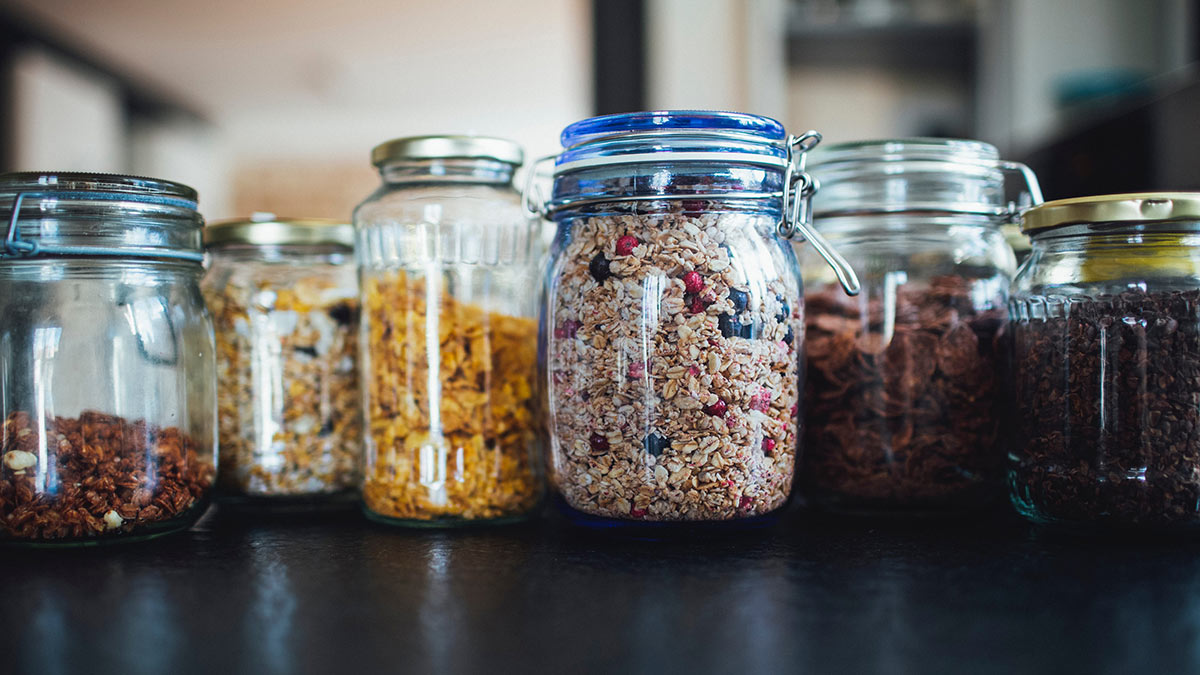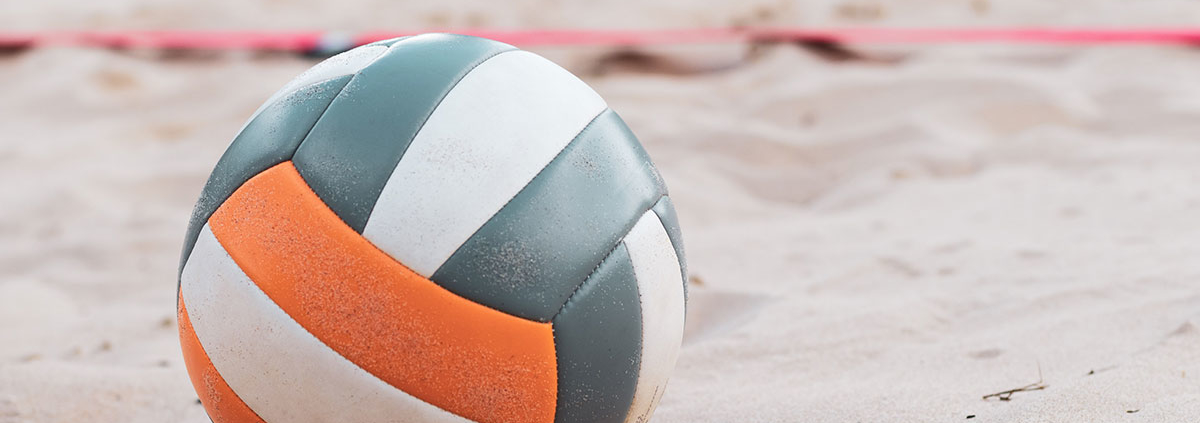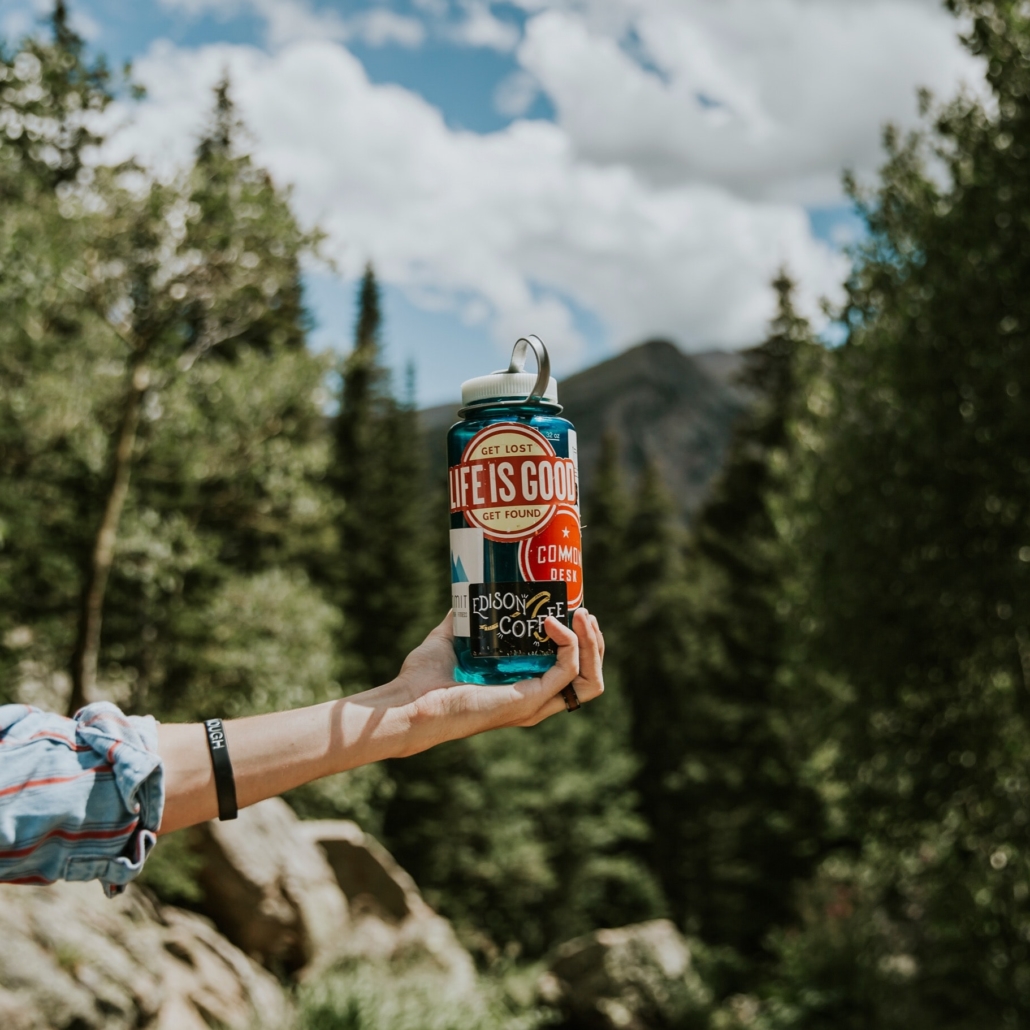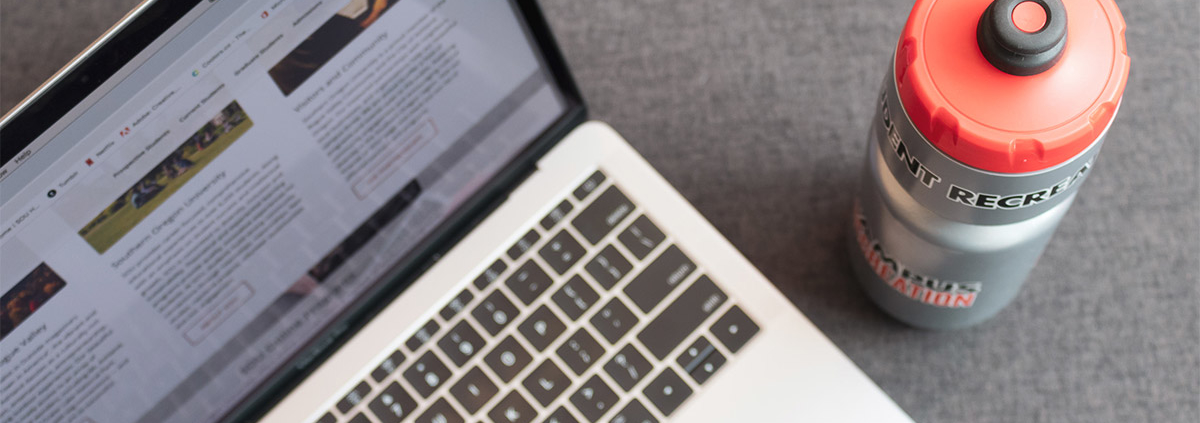Emotional Wellness
Part of Campus Recreation’s mission is to create a culture of wellness in the Student Recreation Center and our campus community. Over the next few months, we’ll be examining eight different wellness dimensions and giving you some tips on how to incorporate holistic wellness into your daily life. Our third dimension of focus is emotional wellness.
What is emotional wellness?
Emotional wellness (maybe more commonly known as mental health) is the ability to understand and cope with life’s stresses. Like other dimensions of wellbeing, good emotional wellness takes constant work and self-reflection – it’s a practice rather than a destination. Recognizing your stressors and developing the tools to combat difficult situations will help you stay in control over your emotions.
Become mindful of your emotions
Mindfulness is a great way to work on your emotional wellness. You might have heard of mindfulness by itself, or you might have heard it attached to another activity, like mindful eating, mindful walking, or mindful meditation. Mindfulness is the practice of being fully present in whatever you are doing at that moment. It looks like connecting with your body, your senses, the space and environment around you, and your emotions. Think of a mindfulness practice as a way to “take a break” from your thoughts and feelings.
If you don’t already have a mindfulness routine, college can be a great time to start one. It can help you feel more focused, less anxious, and better equipped to identify and handle intense emotional situations. Check out this article from Best Colleges for more of the science behind meditation and some tips for starting a meditation practice while in college.

Tips for working on your emotional wellness:
In addition to mindfulness, here are a few more activities you can do to make sure you’re maintaining your emotional wellness.
- Get plenty of sleep each night. Feeling tired can make it much harder to regulate the balance in your emotions.
- Have a well-balanced diet and drink enough water. Similar to not getting enough sleep, feeling hungry or dehydrated can start to affect your emotions negatively.
- Develop outlets for your stress. These outlets are specific to every person but can range anywhere from playing a sport, practicing a hobby, or even speaking to friends.
- Talk to someone. This person could be a counselor, a family member, close friend, or partner.
- Transition your negative thoughts into more positive, optimistic ones. Everyone will have a different way to do this that works for them, but an excellent place to start can be journaling or meditating.
- Learn when to set your boundaries. If you feel emotionally drained, it might be because too many people or situations are demanding your attention. It’s ok to step back from commitments that you know will take a toll on your mental wellbeing.
How can SOU help you improve your emotional wellness?
- Join a club on campus – there are clubs for a variety of interests. See a list of currently active clubs on SOU Presence.
- Use the Student Recreation Center to get your workouts in. When the SRC is closed, you can visit our Virtual Wellness Resources page for physical activities you can do from home.
- Attend a support group, or speak to a counselor at the Student Health and Wellness Center.

